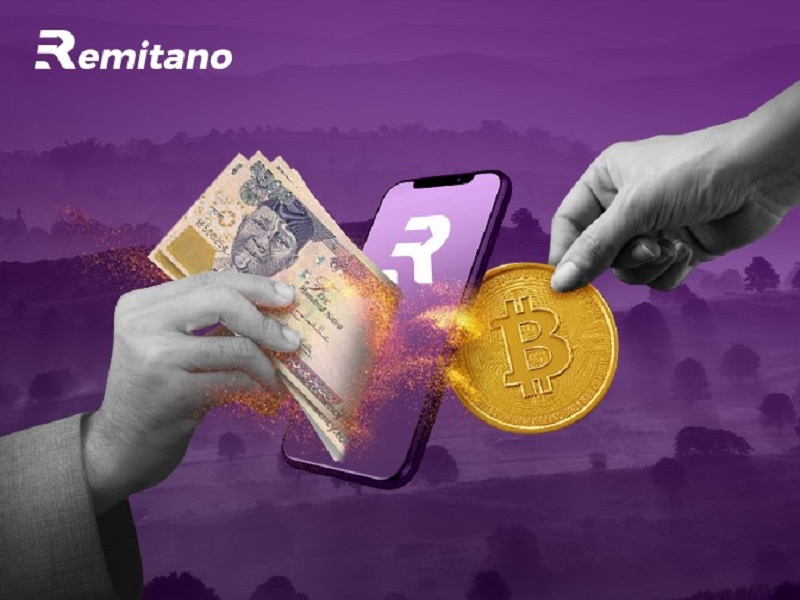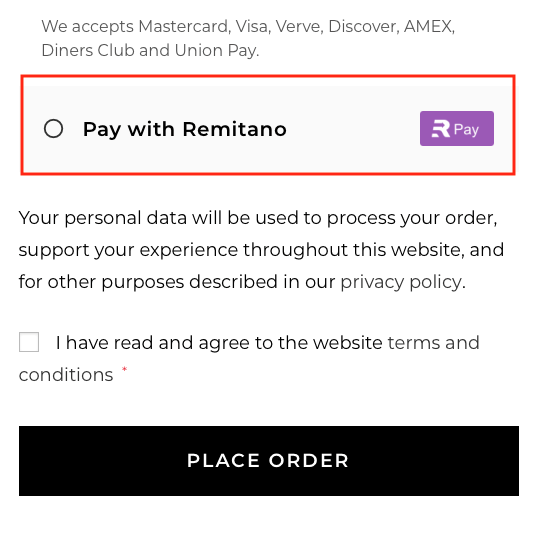Meta description: Find out what it’s like for merchants in Nigeria to accept crypto payments. What were the factors that influenced their choices? What are the business benefits of crypto payment gateways?
By 2020, the total number of digital payments had surpassed 700 billion, and bitcoin transactions exceeded 120 million, representing a considerable percentage of total digital payments.
Internationally recognized companies like Google, Amazon, Microsoft, and PayPal have already begun to accept cryptocurrency payments. For example, Google’s payment system API now supports blockchain payments. PayPal users in the United States can also now pay with Bitcoin, Ethereum, or Litecoin. Another great example is Mastercard, the international payment system that announced plans to integrate certain cryptocurrencies into its network by 2021, based on an internal survey that revealed approximately 40% of consumers from 18 countries intend to use cryptocurrency as a payment method by next year.
According to Juniper Research, cross-border cryptocurrency payments will have risen by 25 times by 2024, hitting $4.4 trillion in value. Similarly, businesses in Nigeria have already begun to accept payment using blockchain technology as a less expensive and more effective payment option. We spent time researching some of them and what prompted their decision to begin accepting cryptocurrency payments. This article covers our analysis and findings.
Websites that Accept Crypto Payments in Nigeria
Here are a few Nigerian businesses that accept cryptocurrencies in exchange for goods and services.
Classic Web Services
This platform is currently one of the platforms that accept crypto payments in Nigeria. The company specializes in providing its clients with web design and hosting services. By leveraging special technologies, Classic web designs are easy to use, fast-loading load, and mobile responsive websites.
What led them to start accepting crypto?
The company, like many others with a global footprint, required a payment solution that would work for them. In fact, the average fee for transferring remittances to Africa was 9.4 percent in 2017, the World Bank found. This meant that high fees eat up a lot of money and would discourage international partners.
Classic Web integrated its company with a crypto payment gateway to make the process easier for its customers and has positioned itself to benefit from worldwide expansion by adopting cryptocurrencies and blockchain technologies.
Peerless Shopping
Peerless shopping believes that “Crypto is the future of currency and quick transactions.” So it’s not surprising that the online store made our list of crypto payments acceptors in Nigeria.
Peerless Shopping was created in 2014 and has since secured warehouses in China, Russia, Australia, Spain, Germany, Nigeria, and the United States. In addition to fashion accessories and appliances, the site offers free shipping on a wide range of other high-quality items as well.
Why did Peerless Shopping go crypto?
They also had some issues with receiving payments from their customers in certain regions, so they needed the means to achieve frictionless payments for all of their users, no matter where they lived. To address these problems, Peerless Shopping started using fiat to crypto payment channels. Customers may now pay for Peerless Shopping products with their favorite cryptocurrency.
Alifill
Alifil is among the Nigerian merchants who take payments in crypto. Since its launch in 2017, Alifill has served as a one-stop shop for both personal and business needs alike. Beatrice, the founder, was inspired to start her online store with her love of tech and eco-friendly products. Air paintings, phone accessories, party supplies, and computer parts are just a few examples.
Why did Alifil ditch banks in favor of crypto payment?
Alifill accepts cryptocurrency payments to reduce payment constraints associated with traditional payment methods such as hidden fees, slow fintech adoption rate by Nigerian banks, and KYC issues. The crypto payment gateway integration helped Alifill achieve its goal of going bankless while also removing any remaining barriers to its current payment methods.
Gida Wears
Gida Wears is an omnichannel, private-label apparel business that was formed with the goal of offering excellent and affordable clothing to the human race. They have apparel for all genders of various ages and sizes. They offer a very quick and simple shipping option and promise a complete refund.
What led them to go cashless with crypto payments?
Through its adoption of cryptocurrency and blockchain technologies, Gida has positioned itself to take advantage to expand its business to crypto investors. A crypto payment processor was used as a simple tool for Gida users to pay for goods and services with cryptocurrencies such as Bitcoin, Ethereum, Tether.
How do they accept crypto payments on their sites?
Many companies like Classic Web Services, Alifill, Gida wears and Peerless Shopping has already taken action to lower the transfer costs for their customers by integrating the Remitano Pay into their platforms.
Remitano Pay is a crypto payment service developed by Remitano, a well-known and trustworthy cryptocurrency exchange in Nigeria. Remitano Pay conveniently enables customers to accept payments in six cryptocurrencies, including Bitcoin BTC, Ethereum ETH, Tether USDT.
Businesses that use the Remitano Pay can take advantage of the following benefits:
- The possibility to promote their business to millions of Remitano cryptocurrency users across the globe.
- Enjoy Borderless transactions without paying any service, registration, or maintenance fees (Minimal costs from 0%).
- Round-the-clock support to ensure that both merchants and consumers have a seamless experience
- 40% lifetime referral commissions for their customer trading fee.
What We Learned
For 25 African countries, all of which have large diaspora populations, remittances are the primary source of national income. Nigeria accounts for the lion’s share of this with $21.9 billion, followed by Senegal with $2.2 billion and Ghana with $2.2 billion.
Unfortunately, it’s not just the cost of transferring money that is a stumbling block. Sending cash through money transfer companies also requires showing a passport or identity card, which migrant workers might not have or want to show because they lack work permits or visas.
As a result, merchants are putting their hopes in crypto payment gateways to cut fees and make it easier for consumers to pay for goods and services across global borders.
Bottom line
More companies are finding that important clients and vendors want to engage by using crypto. Consequently, your business may need to be positioned to receive and disburse crypto to ensure smooth exchanges with key stakeholders.
If you’re a merchant ready to go beyond simply enabling crypto payments and intend to build a trusted community for your customers, easily register to accept crypto here.











